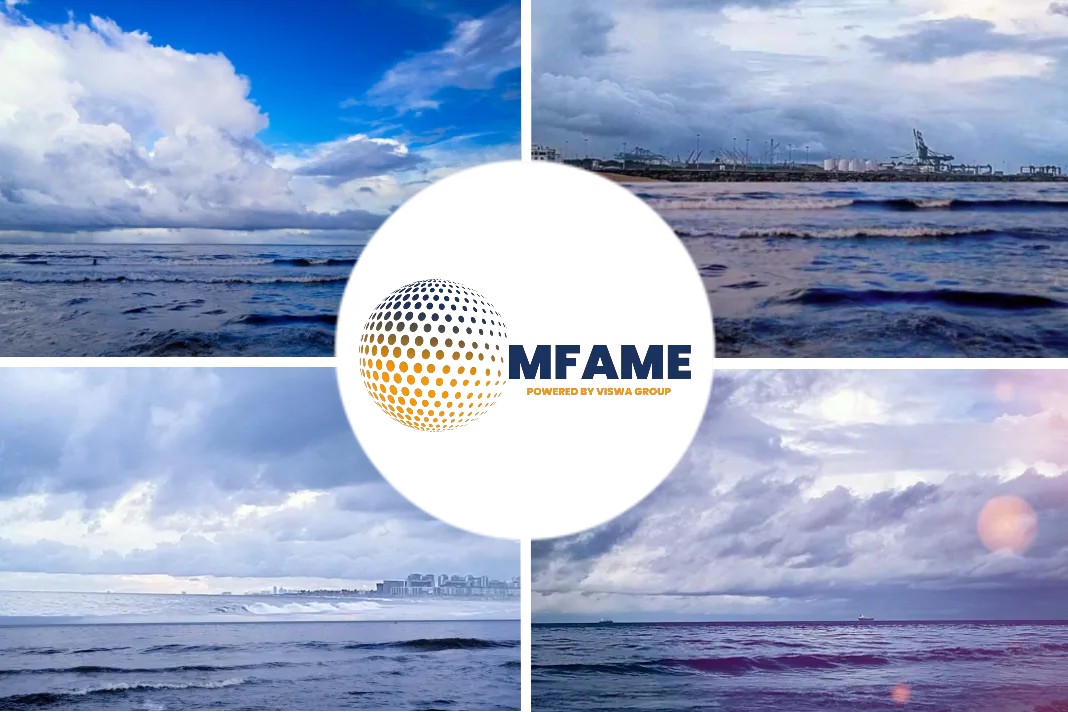
Today, Commissioner Sinkevičius is hosting the second edition of the ‘Our Baltic’ Conference to address pressing environmental challenges in the Baltic Sea. The high-level conference gathers ministers and high-level officials in charge of fisheries, agriculture, and environment from eight EU Baltic countries (Denmark, Estonia, Finland, Germany, Latvia, Lithuania, Poland, and Sweden), sources Europa.
Ecosystem Problems
Given the severe ecosystem problems of the Baltic Sea, the conference aims to help strengthen and complement short to medium-term actions that Member States can take to improve the Baltic Sea’s ecosystem health, as well as the state of fish stocks. Such additional actions could be a nature-based solutions like mussel farming to restore deoxygenated zones. Commissioner Sinkevičius and the ministers committed today to safeguarding the delicate marine ecosystem of the Baltic Sea, with a special focus on the removal of submerged munitions that lie in its seabed since World Wars I and II.
In the morning segment of the conference, ministers agreed on the urgency of tackling this pressing problem that poses risks to marine life, coastal communities and their economic activities, including fishing. In the afternoon, the ministers are expected to agree on joint commitments to safely clean and manage submerged munitions in the Baltic Sea, making it more sustainable for the generations to come. The Commission is joining these important efforts by providing concrete budgetary support through an open call for proposals of €2 million aiming to identify key geographical areas and to conduct appropriate risk assessments.
Progress Made
During the event, discussions also focused on the progress made in the implementation of the 2020 Ministerial Declaration from the first Our Baltic Conference. The first progress report on commitments shows significant progress in addressing some of the most pressing local pressures contributing to eutrophication and marine littering. More than 85 million people live around the Baltic Sea basin. The Baltic Sea is the most polluted sea in Europe, affected, amongst others, by biodiversity loss, climate change, eutrophication, and elevated levels of contaminants such as pharmaceuticals and litter, in particular plastic waste. Currently, 97% of the Baltic Sea is affected by eutrophication lowering oxygen levels. In addition, the Baltic Sea is an ecosystem whose shallowness, limited connection with the ocean, slow water circulation and low water temperature make it especially fragile.
In 2020, a first ‘Our Baltic Conference’ took place, during which ministers of Agriculture, Fisheries and Environment of the Baltic Sea EU Member States adopted a declaration whereby they committed to boost efforts to bring the Baltic to a good environmental status. More particularly, the Member States pledged to enhance cooperation to prevent overfishing and to better address pollution, including from agriculture, marine litter, contaminants as well as sunken ships and munitions. Unexploded submerged munitions provoke significant environmental damage, due to chemical leakage. Some 300 000 tonnes of unexploded munitions still lie at the bottom of the Baltic Sea, causing pollution and preventing the development of economic activities at sea, also related to the blue economy, such as offshore wind farms, underwater cables, pipelines, etc. Most submerged munitions in the Baltic Sea are already seriously corroded, having been underwater for almost 100 years, and several studies indicate that most of them are expected to leak over the next 5 to 10 years if no appropriate action is taken.
Did you subscribe to our daily newsletter?
It’s Free! Click here to Subscribe
Source: EcEuropa
























